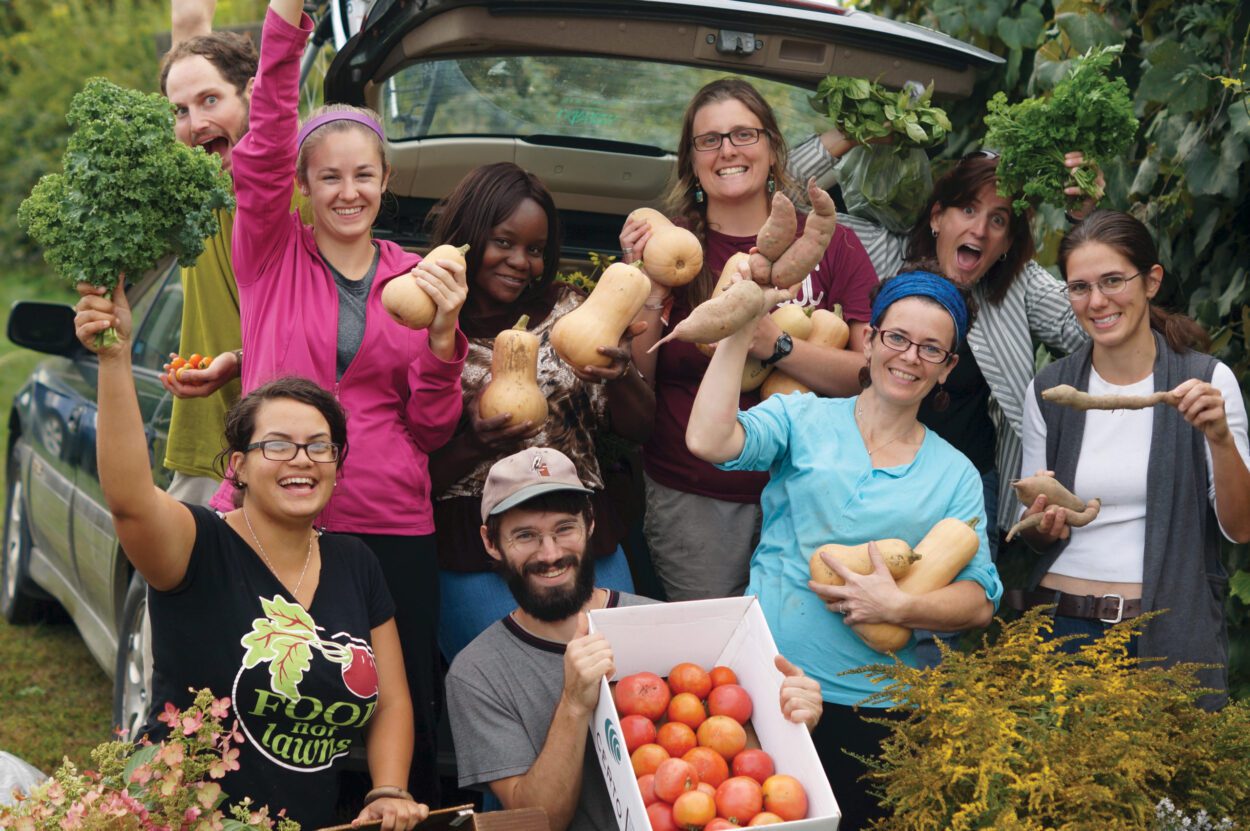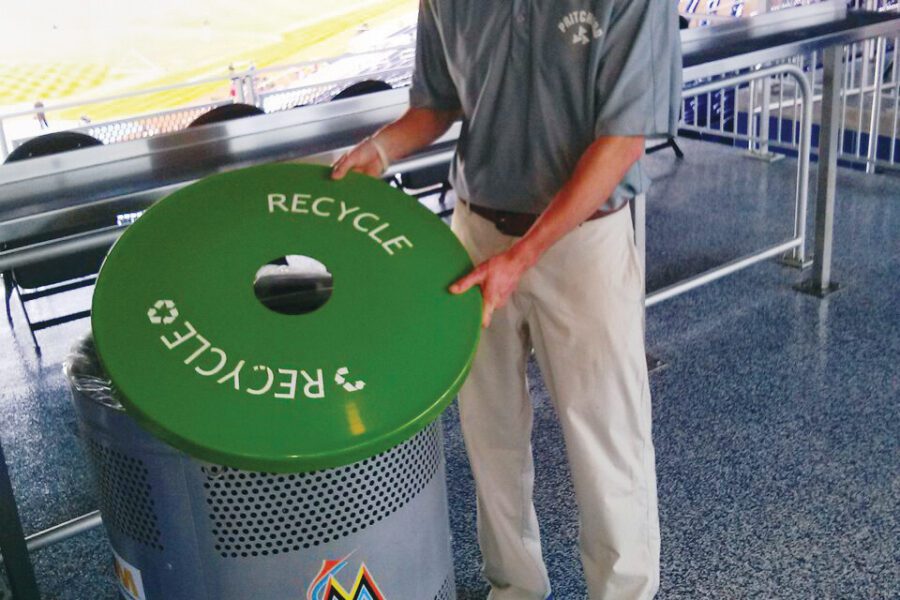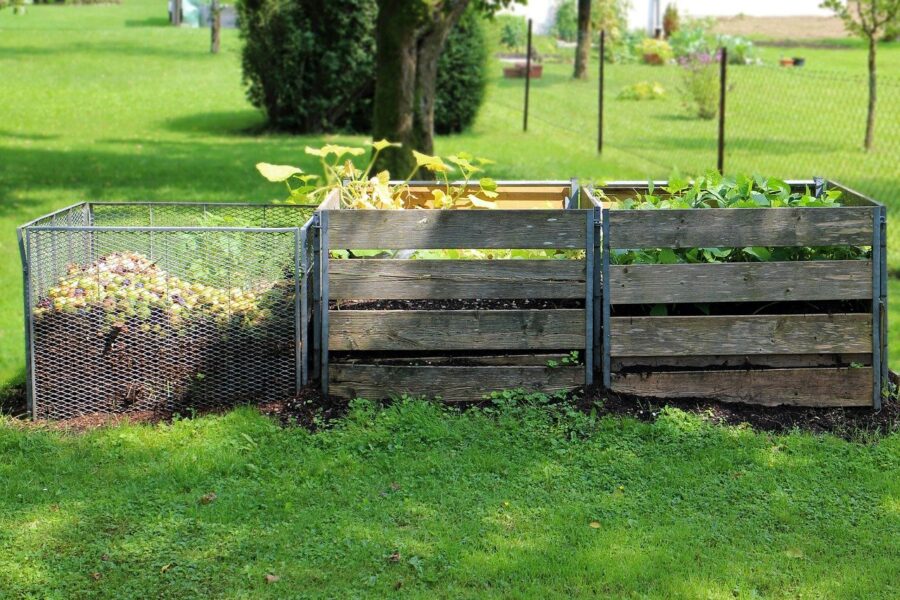Across the United States and the world, Antioch alumni are contributing to a movement toward greater food justice. From urban gardens to local and national food programs to carbon-neutral farming practices, they are facilitating real-world change.
Supporting farms and farmers
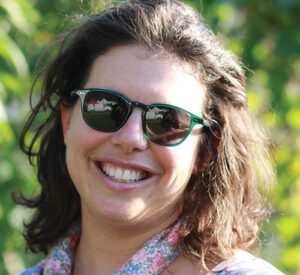
Making food more accessible starts with creating connections with farmers on every scale, and Elizabeth Bowman ’12, an Urban Sustainability MA grad from Antioch Los Angeles, knows about that firsthand. Bowman, who now manages the Hollywood Farmers’ Market, helped farmers in Los Angeles access the tools needed to create profitable businesses, while working on her master’s project. That work resulted in a toolkit for farmers to streamline the process of certifying backyard produce to sell at farmers’ markets. The toolkit, and the connections Bowman made as a student, are now integral to her work in the community.

Looking at farming on a larger scale across the United States, Antioch Seattle MA in Environmental Justice grad Jonathan Reinbold ’10, works as the sustainability, research, and grants manager at Organic Valley, a Southwestern Wisconsin-based cooperative founded in 1988, which is now the nation’s largest farmer-owned organic cooperative and one of the world’s largest organic consumer brands.
While studying at Antioch, Reinbold learned the concepts of organic farming and cooperatives when he read the book Organic, Inc.: Natural Foods and How They Grew. A small co-op, which was helping farmers achieve a better living wage, was mentioned. Nearly eight years after graduation, Reinbold was browsing through that book and realized the cooperative highlighted was the now expanded Organic Valley where he works.
“I was blown away that I was now working at the same place that had inspired me as a student,” says Reinbold.
Promoting hyper-locally
grown food
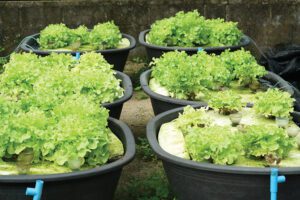
Aquaponics has gotten a bad rap. “The first thing people think of is the tomato that doesn’t taste good,” says Ann “Aqua Annie” Forsthoefel ’01, an Antioch Midwest graduate living in Portland, OR. “Growing in a soilless medium, you have to add some sort of nutrient to it to feed the plants, and in aquaponics it is the introduction of fish.”
Aquaponics is a system for farming fish and plants together in a symbiotic environment. It combines aquaculture and hydroponics. “When you add the two together, you get magic,” says Aqua Annie.
The fish live in the water in the bottom of the tank. The plants grow in the top half of the tank. The fish waste feeds the plants, through the work of microbes, and the plants clean the water for the fish. Aquaponics uses considerably less water than soil farming or hydroponics alone.
Systems can be built to fit any space, even in the smallest backyard or garage. “I want everything to be as hyperlocal as possible. Instead of food miles, I’d like to see ‘food feet’,” adds Aqua Annie.
Making healthier choices more accessible to everyone
Food cooperatives on a smaller scale are also getting more fresh produce into family kitchens. Bonnie Hudspeth ’08, an MS in Sustainable Community Development grad, is directly involved with that work as the member programs manager for Neighboring Food Co-op Association. The organization collaborates with more than 35 groups across Vermont, New Hampshire, Connecticut, Massachusetts, and Rhode Island, and in 2016 had more than 5,000 collective members.
“My career is built around food co-ops as a vehicle for creating thriving, healthy, and just food systems, and an economy owned and controlled by and accessible to everyday people,” says Hudspeth.
Hudspeth’s path to working with cooperatives—where a business is operated and owned by multiple employees and members—began while she was pursuing her master’s degree. Then, Hudspeth, fellow environmental studies student Katie Stoner ’08, and Antioch alum Amanda Littleton ’07, with the assistance of several other Antioch alums, organized a year-round food cooperative in Keene, NH. The Monadnock Food Co-op now provides a community-owned market of local farmers and producers.
Hudspeth says: “Co-ops like Monadnock tie into the values of Antioch and the goal of empowering the next generation.”
Littleton, who now works as director of the Cheshire County Conservation District, is still involved with getting healthy food to the Keene community, continuing the path from her time as a student.
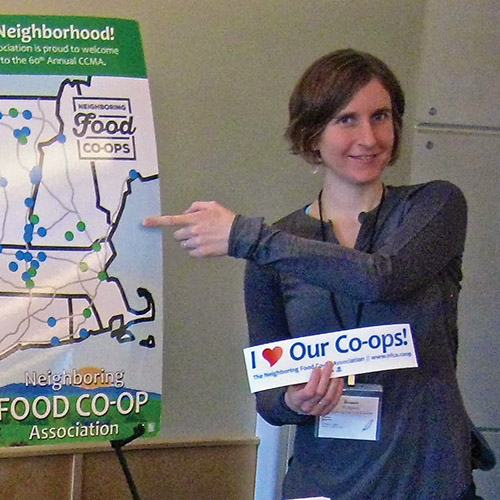
“I wanted to grow some roots here and build a network, and the Antioch program was the ideal place to do that,” says Littleton. “It was a great opportunity for me to get a feel for our community, and get a sense of what was available and happening.”
Littleton and the Cheshire Conservation District are spearheading several projects to help local farmers get fresh produce to more low-income families. They include the installation of EBT machines to accept payments through SNAP benefits, and three years ago, the district launched a produce buying club with housing authority, Keene Housing, where a truck arrives from local farms once a week to deliver food at reduced prices.
It’s work that directly ties into Littleton’s career focus.
“I’ve always been interested in the interactions of people and their landscapes and that led me to wanting to work with farmers and people who are earning their living from the land,” she says.

Growing up on a farm led Antioch New England professor Dr. Libby McCann toward an academic career focused on sustainable agriculture. She now guides students to follow their paths to supporting food justice, as director of the Environmental Education concentration within the Environmental Studies department.
In 2011, McCann, along with Antioch students and faculty, launched Keene Community Garden Connections—an organization that provides fresh produce and sustainable food education programs to the Keene community. In 2015, the organization donated 4,326 pounds of food to groups and organizations.
“We always say at Antioch, be the change you want to see in the world, and this is an opportunity for students to do exactly that,” says McCann of the Keene Community Garden, where Antioch students and faculty work on agriculture and sustainability service learning and research projects.
Renewable energy and global perspectives
Looking at sustainability on a grand scale is also a focus for Reinbold at Organic Valley. The company is working toward a business goal of carbon-neutral operations by 2022, which has translated to investments in renewable energy over the last eight years, and a Community Solar Project that will break ground near the company’s headquarters in Southwestern Wisconsin later in 2018. Reinbold says the project will increase solar production in the state of Wisconsin by 15 percent, reduce fossil fuels, and benefit communities in the area. To him, this is a clear example of lasting change.
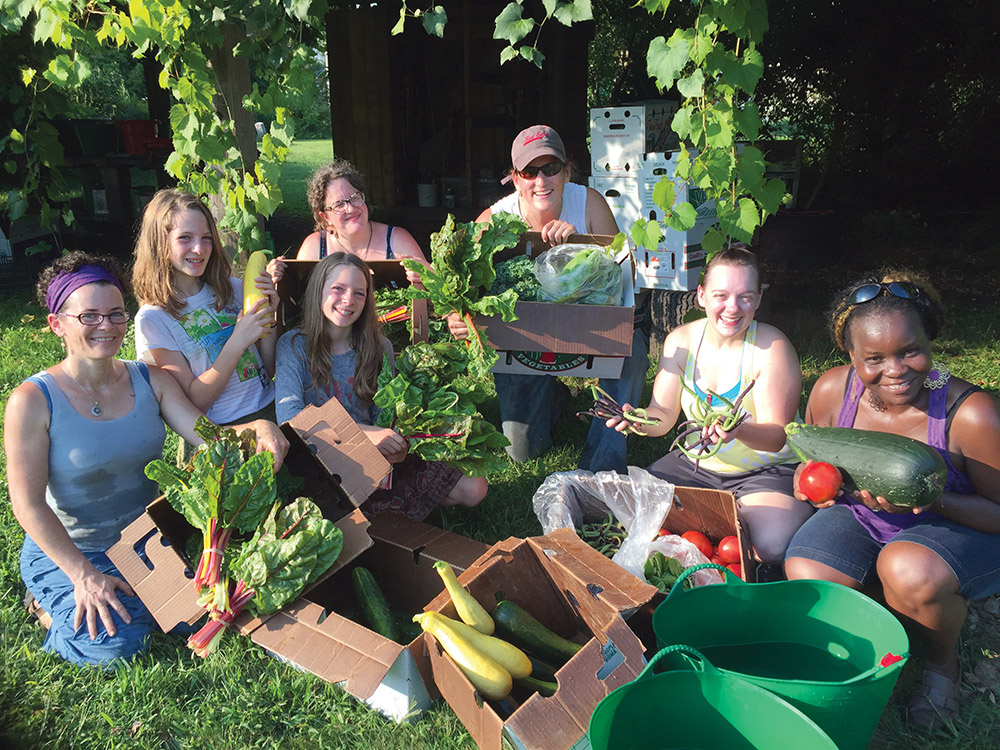
“A term that was used a lot at Antioch was being change agents. Before Antioch, I had never really heard that term and I didn’t know what it meant,” says Reinbold. “Now it is recognized as the core of what my team and I do every day. We are seeking to change how this 30-year-old business makes decisions and what it prioritizes in different ways.”
Antioch’s food justice department is also making strides beyond the local community, by taking part in an initiative through the North American Association for Environmental Education called ee360. The cohort, which includes Stanford, University of Oregon and the National Park Service, among other major institutions, is supporting innovative environmental education across the country.
“Students involved in these various initiatives consistently go on to serve as leaders in the field, which is truly exciting to see unfold,” says McCann.
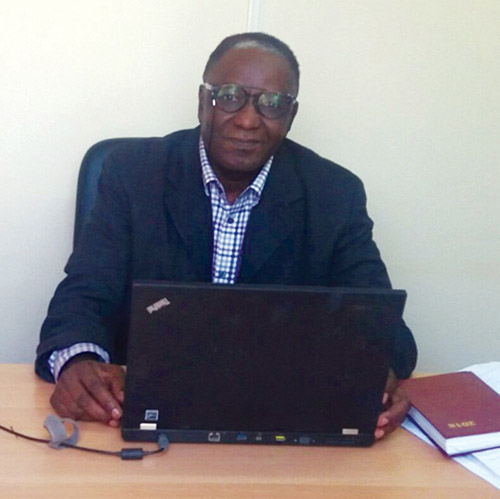
Yahaye Tahirou ’92 is one such leader. Since earning an MA in Environmental Management through Antioch University Midwest and Antioch New England, he has worked for United Nations’ organizations and other NGOs in Africa for about 26 years, in food security, resilience and self-reliance.
“Environmental degradation, soil unproductivity, and natural shocks such as drought and flooding are major causes of food insecurity in Niger, which is one of the poorest countries in the world, where food insecurity is chronic,” Tahirou explains.
He worked for a USAID-funded project called Famine Early Warning System Network as a national representative and then as a regional adviser for Sierra Leone and Liberia for about ten years, collecting, analyzing and reporting on food security conditions and implementing food security projects.
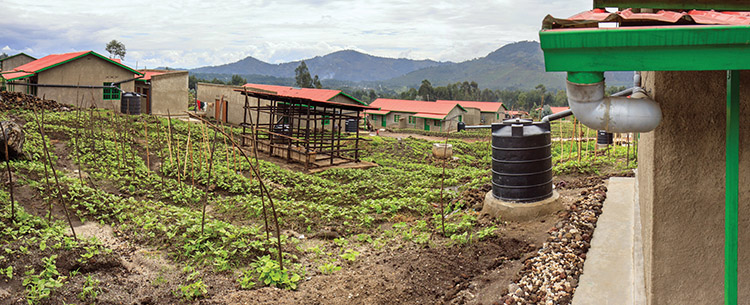
Since then, Tahirou has worked for U.N. organizations and various international NGOs in eight African countries, contributing to better understanding of food security conditions, and providing decision makers with information, data and advices for intervention.
Tahirou is currently drafting a global self-reliance strategy for poor host communities and refugees in Mauritania, aimed at strengthening their income sources sustainably to enable them to take care of themselves. Tahirou says the project will provide humanitarian assistance, financial products, and income-generating activities to the poorest, to cover their basic needs and strengthen their capacity to gradually improve their livelihoods.
“At Antioch, I was already involved in courses, discussions, and learning associated with environmental issues in Africa. I met faculty members and students who had already worked for environmental and food security programs in Africa. They had a wide and in-depth understanding of the challenges, such as desertification, poor environmental management, and soil erosion,” Tahirou says. “These were fully integrated in the program. Most students and teachers had a vision for a better world, for peace, and for a productive partnership between African countries and the U.S.”

